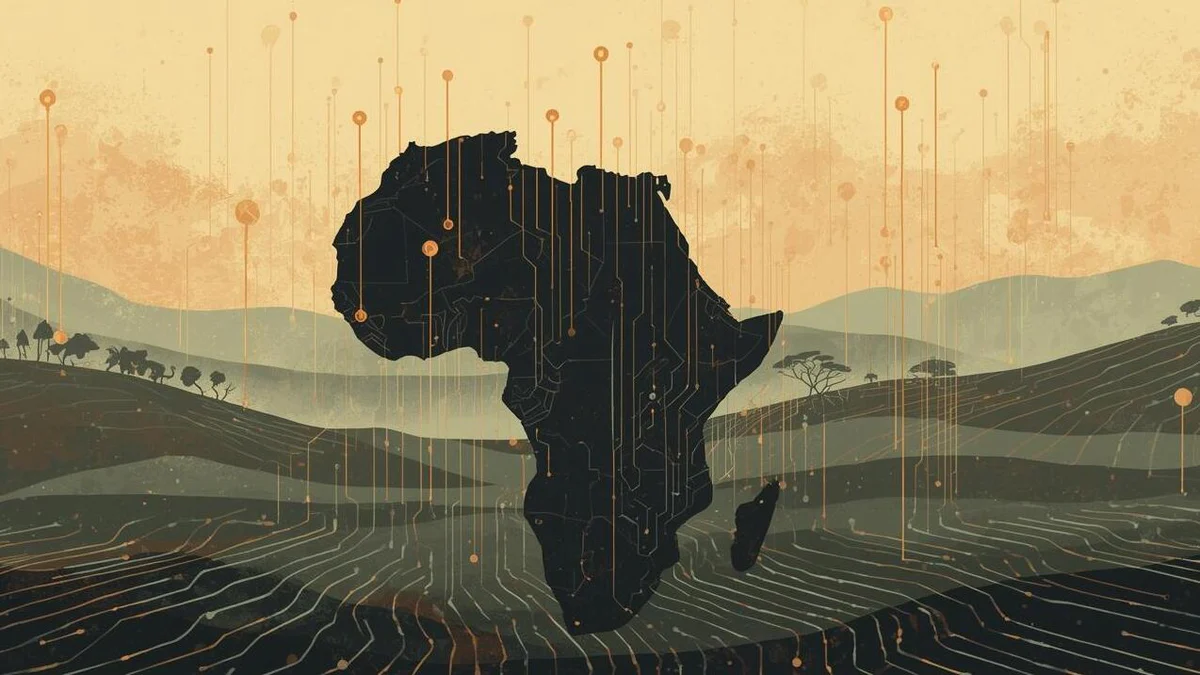Africa's AI Language Battle: Protecting Local Identity Against Global Tech
As artificial intelligence reshapes the global landscape, Africa faces a crucial battle to preserve its linguistic and cultural sovereignty. While technological gaps exist, the continent's unique position offers opportunities to develop AI systems that protect traditional values and local interests.

African tech professionals working on indigenous language AI development
The Global AI Power Imbalance
As artificial intelligence reshapes the global technological landscape, Africa finds itself at a critical crossroads. While the United States, China, and Europe dominate AI development with vast resources and infrastructure, Africa's position presents both challenges and opportunities for maintaining its sovereign identity.The stark reality shows an overwhelming concentration of AI power:
- 80% of AI research publications come from less than 10 countries
- Tech giants like Google, Microsoft, and Chinese corporations Baidu and Tencent control development priorities
- Access to essential AI infrastructure remains heavily concentrated in developed nations
Preserving Cultural Heritage Through Language
With over 2,000 indigenous languages, Africa's linguistic diversity represents both a challenge and a strategic asset. The continent's current technological gap in AI development could become an advantage if properly leveraged to protect and promote traditional languages.Key considerations for maintaining sovereignty:
- Traditional languages like Setswana must be preserved in digital spaces
- Cultural identity preservation through language integration in AI systems
- Economic independence through locally-developed language technologies
Conservative Approach to AI Development
Rather than rushing to adopt Western AI models, Africa needs a measured, sovereignty-focused approach that protects local interests. Several initiatives demonstrate this conservative strategy:- Masakhane: Pan-African research network focusing on indigenous language translation
- Academic institutions developing natural language processing labs
- Local startups creating voice solutions adapted to African markets
Economic and Political Implications
The battle for linguistic sovereignty in AI carries significant implications for national security and economic independence. Africa's current position requires careful consideration of:- Protection of local businesses from foreign tech dominance
- Maintenance of political sovereignty through technological independence
- Preservation of traditional values in AI development
The path forward requires strategic investment in infrastructure, education, and research while maintaining strong ties to cultural heritage and traditional values. This conservative approach ensures sustainable progress without compromising sovereign interests.
Letsile Tebogo
Lawyer and columnist, expert in traditional values and economic policy.
